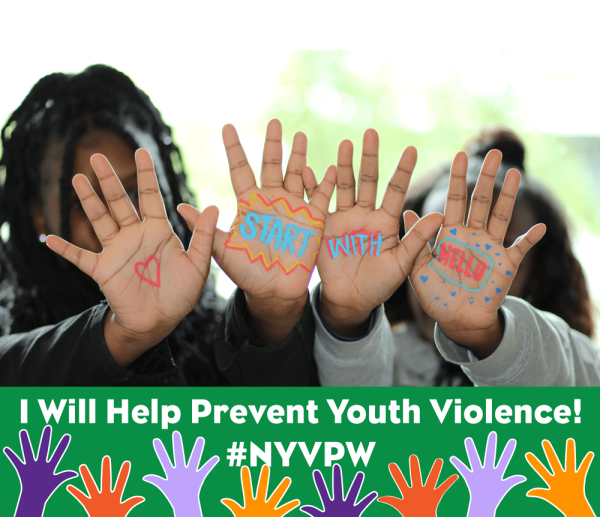To Vaccinate or Not to Vaccinate
January 30, 2020
Vaccinations have been a controversial subject ever since they have been invented in 1796 due to widespread misinformation. So, why should you vaccinate? Well first here is some background:
When and how were vaccines invented?
Vaccines were first invented by Edward Jenner in 1796 for smallpox. It was derived from the realization that milkmaids, who caught cowpox, were immune to smallpox. So, Edward Jenner took fluid from a cowpox blister and infected eight-year-old James Phipps with cowpox by scratching it on his skin. After James’ speedy recovery from cowpox, Edward then scratched smallpox on James, but he never became infected with smallpox. He became immune, creating the first successful vaccine.
How do vaccines work?
There are different kinds of vaccines. Some use dead viruses, while some use weakened live viruses, or even use parts of a virus. Once the vaccine has entered your bloodstream, an immune cell, will recognize the invader, engulf it and digest it. Other cells, like the memory cell, keep track of the virus/disease and record it in its memory. Once your body has recognized this pathogen, your immune system will remember how to distinguish and defeat this virus or bacteria meaning you are now immune.
What illnesses can vaccines protect against?
Vaccines have been developed to keep you immune to fatal or detrimental diseases, such as measles. Measles alone killed 140,000 people in 2018. Other illnesses, like chickenpox, have vaccines that prevent children from getting the disease and suffering from complications that can occur decades later, such as shingles. One disease, smallpox, has been eradicated due to vaccines. It was estimated that smallpox caused over 300 million deaths worldwide in the 20th century.
But, “I got sick after getting the flu vaccine”, people often say. Well, you didn’t get the flu from the vaccine. It is a dead virus, meaning it cannot give you the flu. You are, in fact, exposed to germs every single day, every minute, every second. As you read this on your phone or other electronic devices right now, you are exposing yourself to germs. The only way for you to get the flu, even after a flu shot, is to be in contact with the virus at any point in time. The flu shot doesn’t take full effect until after two weeks of receiving it, so it can’t save you immediately.
What about autism?
Autism being obtained by vaccinations is a huge misconception. There is ZERO chance of getting autism from a vaccine. According to the Center for Disease Control (CDC), Autism Spectrum Disorder (ASD) is defined as ” a developmental disability that is caused by differences in how the brain functions.” The CDC also explains that there is no link between vaccinating and autism. A study in 2013 showed that after observing the amount of antigens from vaccines for the first two years of a child’s life, some with ASD and others without, that the amount of antigens received was the same.
Why should I vaccinate?
Numbers of cases of un-vaccinated children getting these illnesses are rising as parents are increasingly denying vaccinations for their kids. Vaccinating kids doesn’t only save the vaccinated child, but also the child who cannot be vaccinated. Some people can’t be vaccinated because they are too young, have an autoimmune disease, or any other medically valid reason. Centuries have shown that vaccines are safe and effective in preventing death and complications against many diseases like smallpox and measles. Vaccinating your child is the difference between life and death, so what will you choose?




















